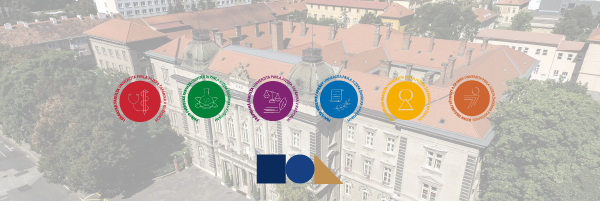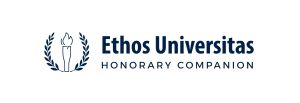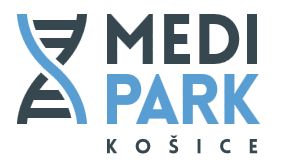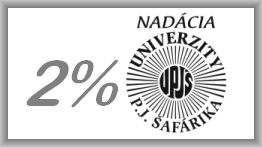A new European research initiative has launched to improve equitable vaccine uptake in underserved communities. Funded by the Horizon 2020 Research Programme, RIVER-EU (“Reducing Inequalities in Vaccine uptake in the European Region – Engaging Underserved communities”) is a 5-year (2021-2026) project coordinated by the University Medical Center Groningen (UMCG). 14 renowned institutions from ten countries will participate, including a team from the UPJŠ Faculty of Medicine led by prof. Pavol Jarčuška. RIVER-EU will collect evidence on health system determinants of high and low vaccine uptake in eight specific contexts, which will be used to identify and/or develop interventions to reduce barriers to vaccine uptake in underserved communities and increase trust in the health system.
High-profile COVID-19 vaccination campaigns have put a spotlight on the organisation and delivery of vaccination services in the European Union. While there are particular challenges to mass COVID-19 vaccinations, many of the challenges are also common to routine vaccination programmes, such as communication, availability of services, and adequate training of health professionals. While there is much emphasis placed in the media on vaccine hesitancy and individual vaccine decision-making, there are also many systemic elements of national immunization programmes that influence vaccination rates. This is particularly true for ethnic, religious and cultural minorities who may face more barriers, such as restricted access to or information about health services, digital exclusion, exclusion from population registers, and culturally inappropriate messaging around vaccination.
RIVER-EU will work to improve access to two vaccines, measles-containing vaccines and the human papillomavirus (HPV) vaccine among specific underserved communities in: Greece (refugees and migrants), the Netherlands (adolescents of Turkish and Moroccan origins), Poland (Ukrainian economic migrants) and Slovakia (marginalized Roma communities). The project will collect evidence on health system determinants of low vaccine uptake (barriers) in the five aforementioned communities, as well as on high vaccine uptake (enablers) in three underserved communities in: the United Kingdom (the Bangladeshi community), Finland (the Somali community), and Israel (the Arab Israeli community).
On the basis of the gathered evidence, insight from enabling factors in the UK, Israeli and Finnish contexts will be “translated” to provide useful insight to design interventions addressing health system barriers in the five target communities. RIVER-EU will design, implement and evaluate interventions to improve access to vaccination using a co-creative and collaborative approach. The lessons learnt will be collected in a set of evidence-based guidelines and implementation recommendations and disseminated to health policy makers and professionals across Europe to improve the performance of vaccine programmes and reduce vaccine inequalities.
“Our research focuses on changing healthcare and how we can increase vaccination coverage with targeted interventions,” says UMCG researcher and project leader Daniëlle Jansen.
“To do this, we need to identify and remove barriers in the health care system. We will do this by adapting existing interventions and developing new interventions that are tailor-made with and for disadvantaged communities. Consider, for example, the extra training of professionals in approaching and convincing certain groups or addressing barriers posed by poverty, a different language, limited health skills or social exclusion.”
“Despite high vaccine coverage in Europe overall, certain groups and communities are not fully benefiting from the opportunity to be protected from vaccine preventable diseases and as a result are often disproportionately affected by infection. RIVER-EU will develop interventions specifically designed to ensure that these underserved groups receive the vaccines they are entitled to,” says deputy project leader Michael Edelstein, Associate Professor of Public Health at Bar-Ilan University.
RIVER-EU’s diverse and highly-experienced consortium includes 14 project partners: University Medical Center Groningen, Public Health England, the Institute of Preventive Medicine, Environmental and Occupational Health, EuroHealthNet, Connaxis, Vienna Vaccine Safety Initiative, Maastricht University, the European Academy of Paediatrics, University of Zielona Góra, Pavol Jozef Šafárik University in Košice, the London School of Hygiene and Tropical Medicine, Bar Ilan University, the Finnish Institute for Health and Welfare, and the European Public Health Association.
The current pandemic has reinforced the central role vaccines play in protecting public health. It is fundamental to improve the responsiveness of health systems to ensure equitable access and uptake of vaccines against all vaccine-preventable diseases. If you are interested in keeping up to date with RIVER-EU’s latest information and resources, please follow us on Twitter, @rivereuproject (where the website and other public information will soon be published).
For further information, please contact:
Joost Wessels, Press Officer,
University Medical Center Groningen
Email: j.r.l.wessels@umcg.nl
Alison Maassen, Programme Manager
EuroHealthNet
Email: a.maassen@eurohealthnet.eu















